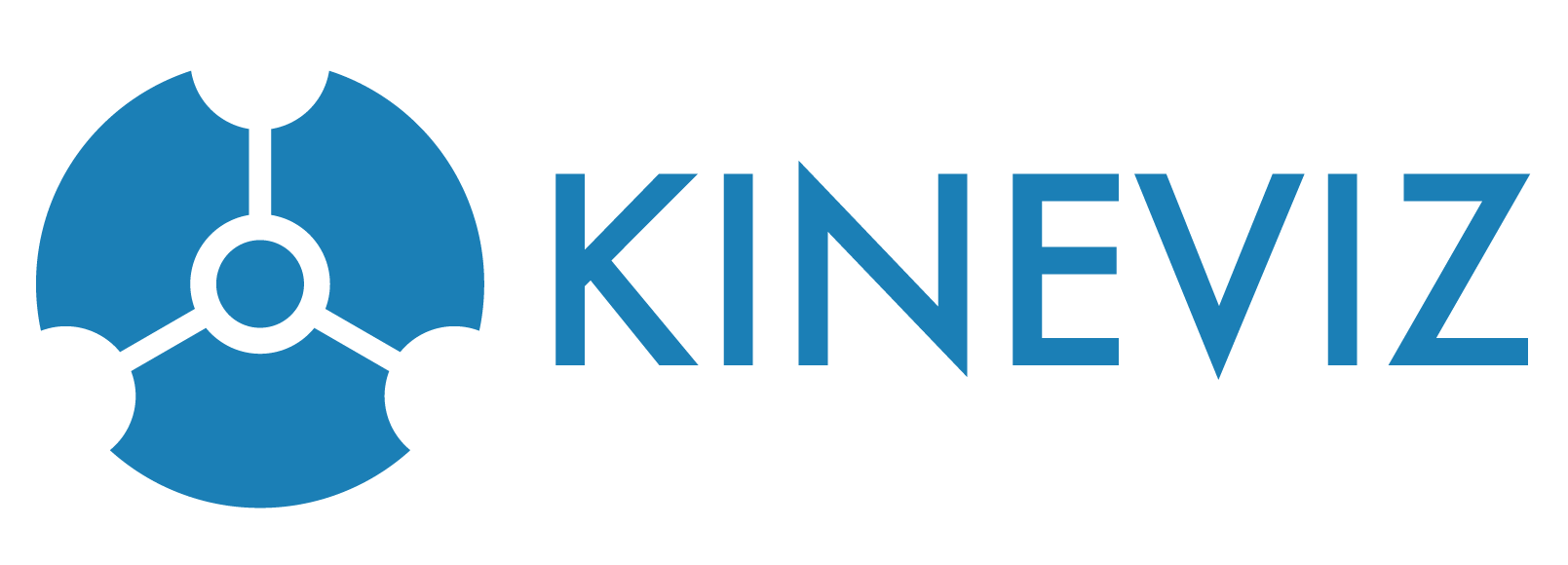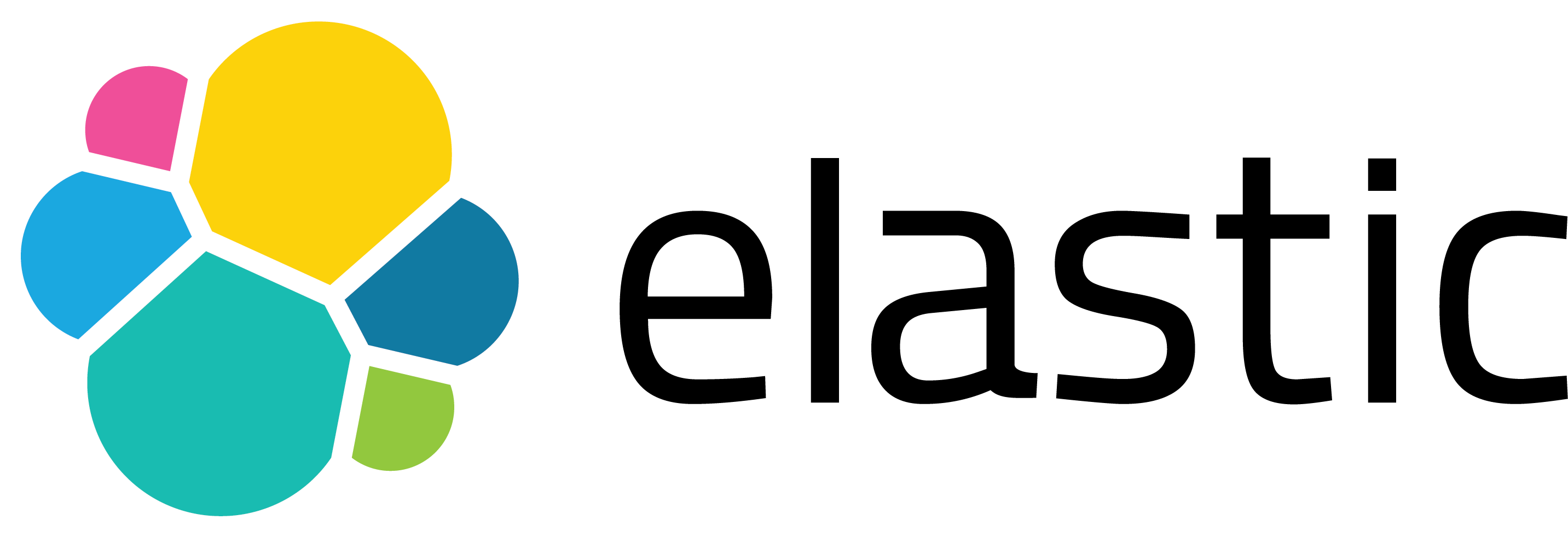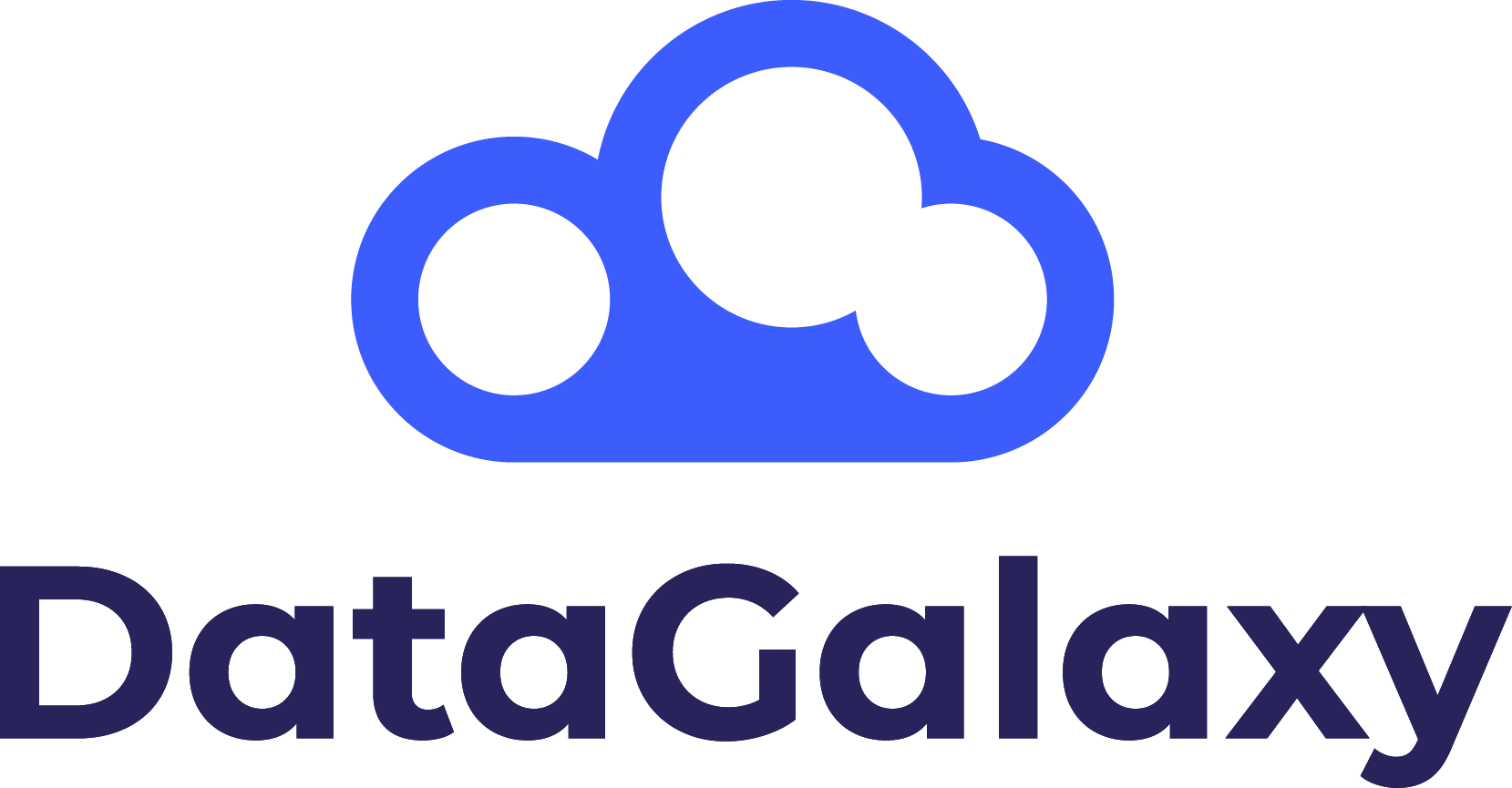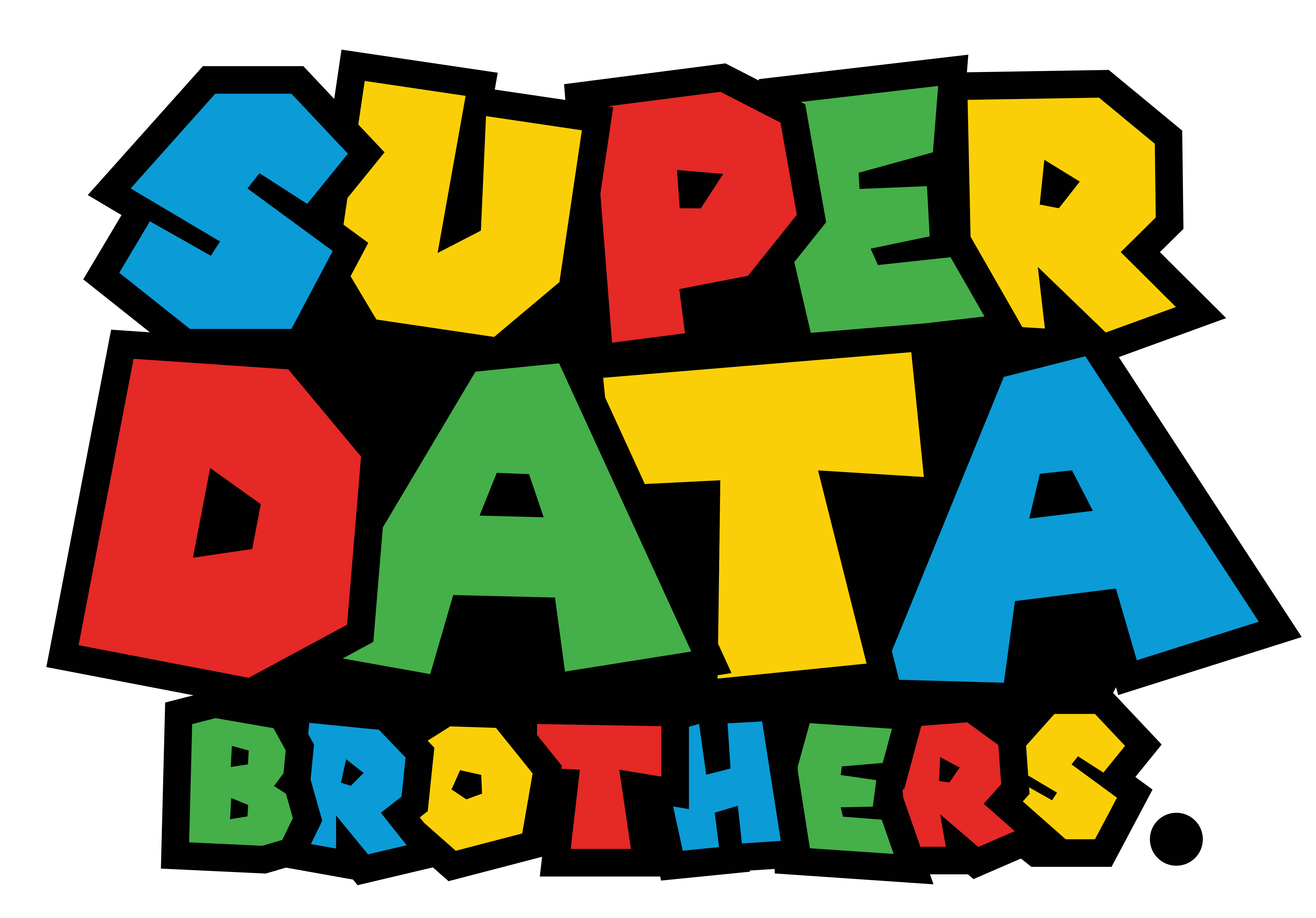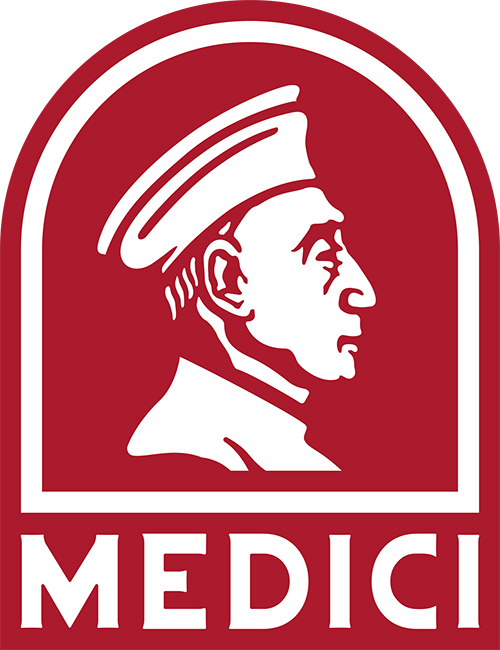Workshop: Causal Graphs in Practice
Building Decision Systems with Open Source Tools
Presented by Amy Hodler and Michelle Yi
In a world obsessed with making predictions and generative AI, we often mistake predicting the future for determining optimal actions. While predictive analytics provides powerful tools, it fails to address critical questions like: "What caused this particular result?"; "What alternative scenarios could lead to a different outcome?". The fundamental need to understand cause-and-effect relationships lies at the heart of these inquiries and graphs have emerged as a powerful modeling approach to examine predictions and causal strength.
This 90 minute workshop explores how to leverage the open-source ecosystem and cutting-edge technologies in causal machine learning to enhance decision-making processes. These intentionally constructed causal graphs capture the subtle interplay and influence between entities for conducting analysis. Industry leaders now harness this framework to identify directional patterns, process sophisticated logic, and establish foundations for causal inference.
This workshop will teach you strategies to design and integrate causal graphs into your predictive workflows for better decision-making. You'll develop a thorough grasp of essential concepts including Jedeau Pearl's "do" operator, causal discovery techniques, and methods for effectively incorporating domain expertise.
Through hands-on exploration, we'll examine a real-world case study using tools like PyWhy, DoWhy, and other emerging solutions to analyze traffic data and identify interventions to reduce accident severity in cities. Interactive notebooks will showcase the application of Causal Learn, LLMs, and various tools that streamline the complex process of causal graph modeling. You'll learn techniques for handling categorical data and addressing confounding variables.
Join us as we examine graphs' transformative potential and profound impact on predictive modeling, explainability, and causality in the era of generative AI. This is an exciting time for our field, and we're thrilled to share our insights with you.
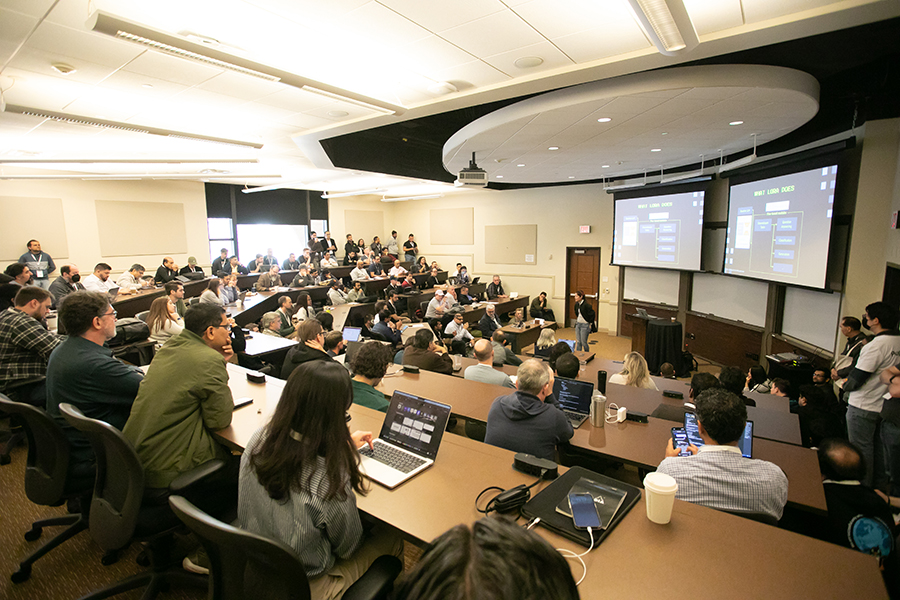
Michelle Yi leading a workshop at Data Day Texas 2024
Workshop goals
• Understanding how causal inference is different than basic ML and correlative analysis.
• Building directed causal graphs that represent complex systems.
• Techniques for implementing Pearl's do-calculus in real systems.
• Methods for quantifying intervention effects
• dentification and treatment of confounding variables.
• Working knowledge of the PyWhy ecosystem and emerging open-source tools that simplify processes.
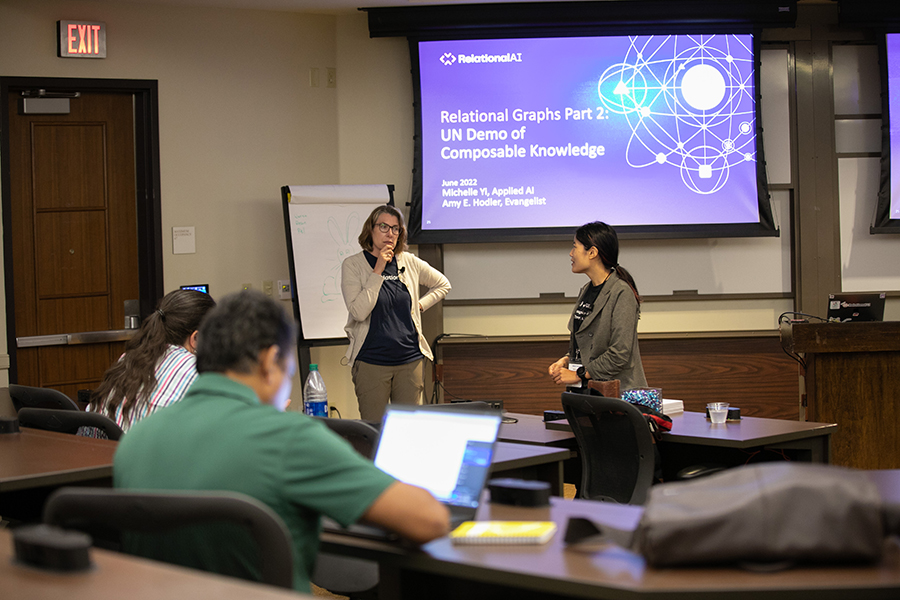
Michelle Yi and Amy Hodler leading a workshop at Data Day Texas 2022
To take full advantage of this workshop, the following background skills are strongly suggested
• Python programming experience
• Basic understanding of probability and statistics
• Basic understanding of graph structures
• Familiarity with machine learning concepts
• Experience with notebooks
The following software tools / languages / projects will be utilized during the workshop
Python, PyWhy, DoWhy, Causal Learn, Ergodic AI. Ergodic-MagPy, and San Francisco Open City Data

Michelle Yi leading a workshop at Data Day Texas 2024








